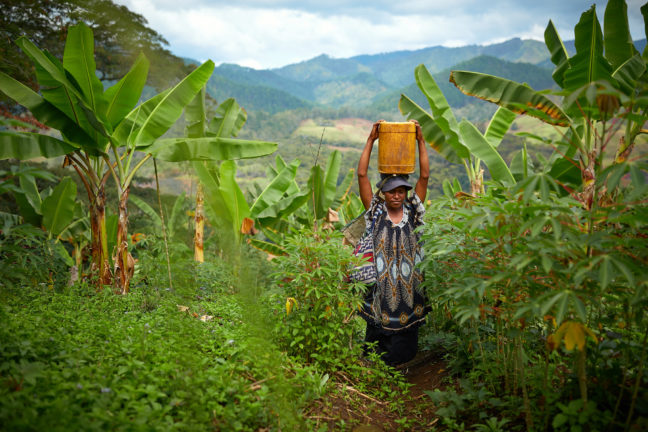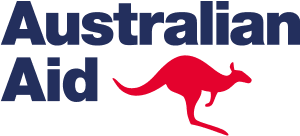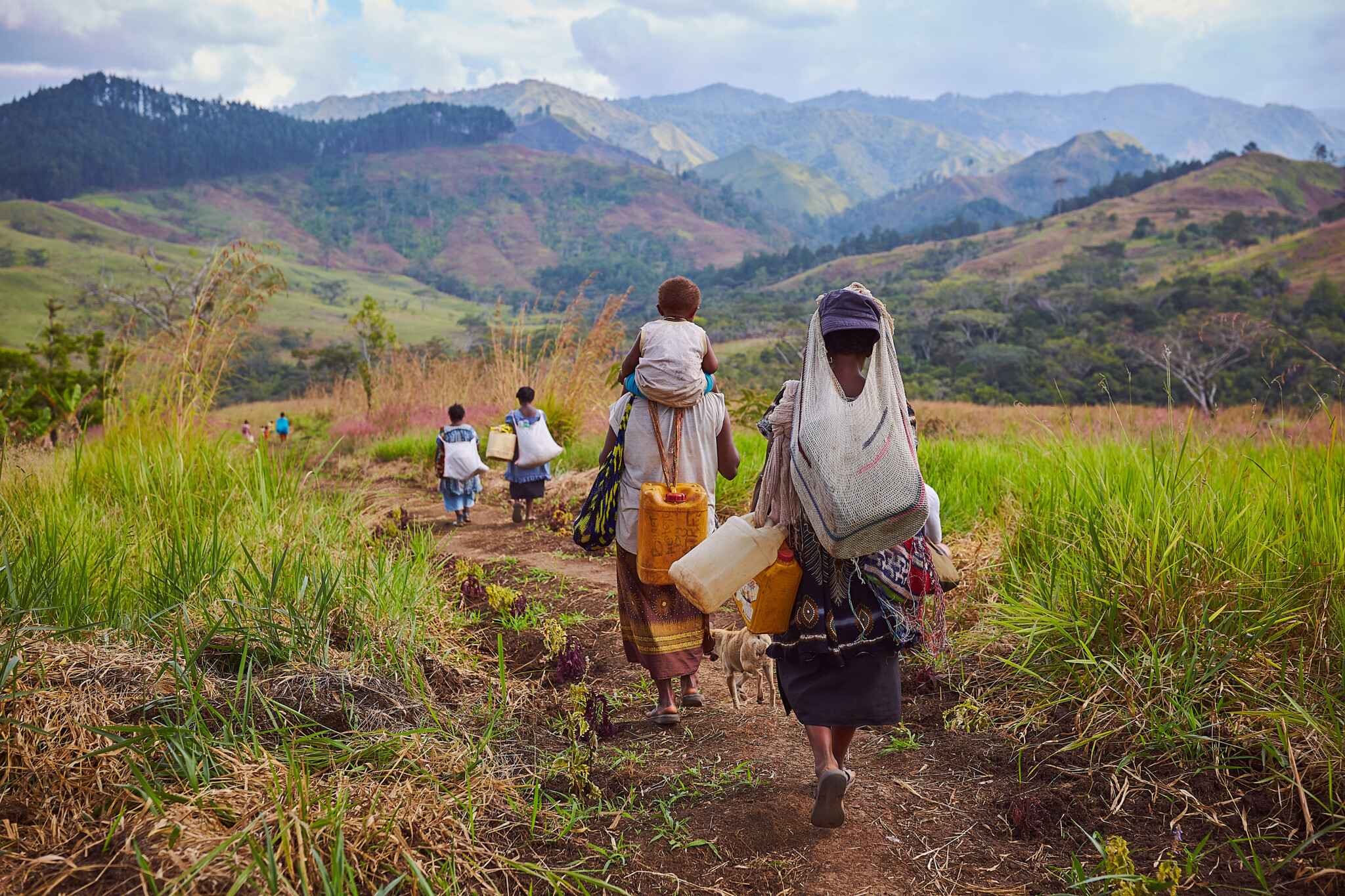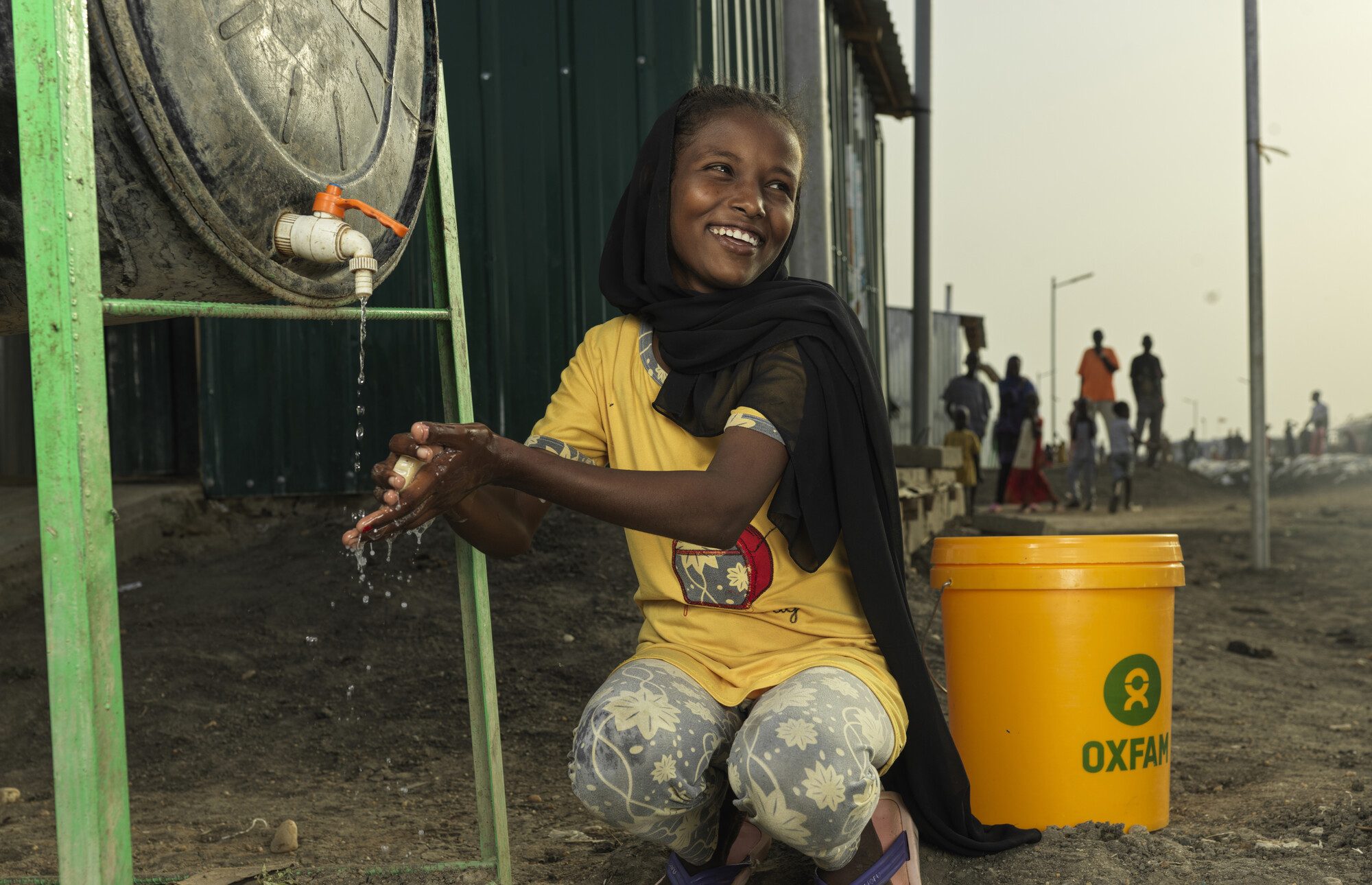Oxfam Australia’s vision is a just and sustainable world without poverty. This requires transforming the systems and power structures that create inequality and injustice.
For this reason, Oxfam strives for resilient development that addresses the underlying causes of risk, vulnerability and fragility – A pursuit that is even more relevant given the worsening climate crisis and global challenge of the COVID-19 pandemic.
“Good disaster risk governance is essential for effective local-level action that supports communities to best prepare for and recover from disasters” says Oxfam in Papua New Guinea’s (PNG) Country Director Anand Das.
With support from the Australian Government through the Australian NGO Cooperation Program (ANCP), Oxfam in PNG has been working with the District Development Authority in Goroka to develop one of the country’s first District COVID-19 response plans which was successfully approved funding from the national government to ensure implementation.
Having good, multi-sectoral national and local strategies for managing disaster and climate risk, together with strong community engagement in decision making can be key to ensuring accountable governance for resilient development.

A recent Oxfam Australia learning inquiry set out to explore what transformative, systems-level change looks like for resilient development and what role accountable governance plays in contributing to this. Using action research, we built on learning from a range of contexts where Oxfam works, to better understand how and why accountable governance can support positive social outcomes for people that are equitable and can be sustained despite shocks, stresses and uncertainty.
Take a look at this short animated video to see what our learning inquiry found are the key elements of how to hold power to account for resilient and sustainable development.
To learn more about the identified accountable governance features, mechanisms and influencing tactics that can be used to create a safer, more equitable world despite shocks and uncertainty, see:
- Our discussion paper on “Accountable Governance and Resilient Development: Thinking and acting for transformative change”
- Our internal thematic analysis on ‘Governance for resilience – influencing within resilient development projects’
- Our slide deck learning resource with comprehensive notes section is available for you to download and use for training purposes with attribution given to Oxfam Australia.
Written on 13 October 2020 for International Day for Disaster Risk Reduction by Elsa Carnaby, Oxfam Australia’s Disaster Risk Reduction Advisor.
 This research has been funded by the Australian Government through the Australian NGO Cooperation Program. The views expressed in this publication are the authors’ alone and are not necessarily the views of the Australian Government.
This research has been funded by the Australian Government through the Australian NGO Cooperation Program. The views expressed in this publication are the authors’ alone and are not necessarily the views of the Australian Government.



